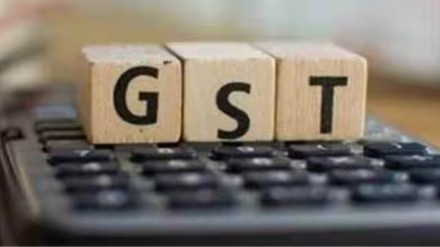The Goods and Services Tax (GST) Council, which will meet on October 7, may discuss pending issues such as those related to the reduction of the tax rate on millet-based products and bringing metal scrap under the reverse charge mechanism.
It may also insert an enabling provision with regard to the setting up of GST Appellate Tribunals (GSTATs) and clarify doubts related to the valuation of online gaming.
The proposed GST meeting, the third in a span of around three months, is largely to meet the norm of having a council meeting every quarter. The October meeting comes ahead of many states going to polls in November-December.
The council may take up the matter of reducing the GST rate on millet-based mixes to 5% or nil from 12% or 18% to promote millet consumption.
In February, it discussed reduction in the GST rate on millet-based health mix products consisting of at least 70 % of millet. The matter was discussed at length during the officers’ meeting in February, after which the council had referred the matter to the fitment committee for further analysis.
Meanwhile, to curb tax evasion by scrap dealers, the council may take up another long-pending industry proposal to levy GST on scrap metal on a reverse charge mechanism.
Reverse charge means the liability to pay tax is on the recipient of the goods or services instead of the supplier in notified categories. A shift to the reverse charge mechanism for scrap metal would curb tax evasion and help the steel industry get relief through input tax credits, which has suffered due to scrap suppliers’ malpractices.
The council will also likely clarify issues/doubts related valuation of online gaming.
In its 50th meeting in July, the council decided to impose GST at 28% on online gaming, the highest slab, a move that rattled the industry. Following representation from the industry, the council in its 51st meeting in August decided to exempt redeployment of the winnings from online gaming or bets out of previous bets, in a significant relaxation for the fast-growing gaming industry.
“The council also recommended that valuation of supply of online gaming and actionable claims in casinos may be done based on the amount paid or payable to or deposited with the supplier, by or on behalf of the player (excluding the amount entered into games/ bets out of winnings of previous games/ bets) and not on the total value of each bet placed,” the Union finance ministry said in a statement after the Council meeting on August 2.
